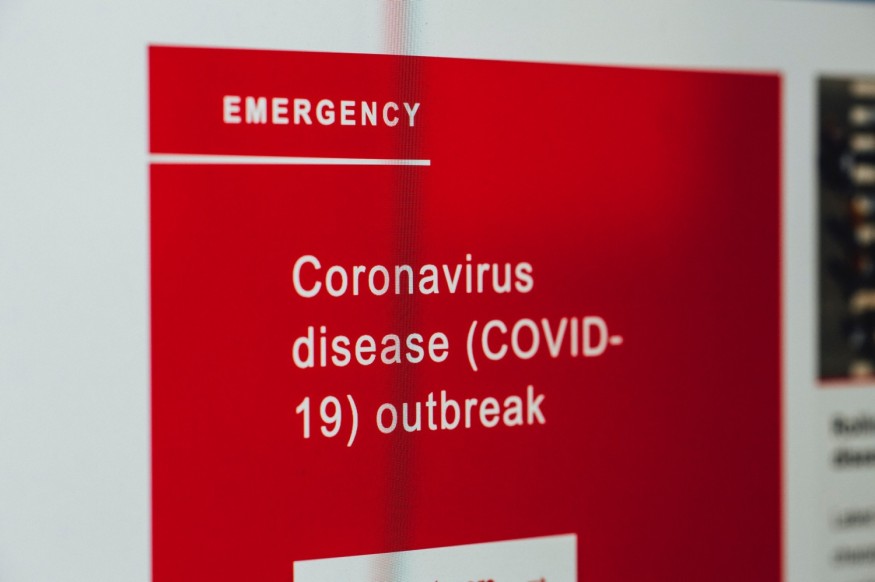Brazillian scientists recently reported two patients simultaneously infected with two different variants of COVID-19. The report states that the co-infection had no adverse effect on the severity of the patients' illness, and both cases have recovered without the need to be hospitalized.
Co-Infection of Two COVID-19 Variants
The case published as a preprint in the MedRxiv entitled, "Pervasive transmission of E484K and emergence of VUI-NP13L with evidence of SARS-CoV-2 co-infection events by two different lineages in Rio Grande do Sul, Brazil," is only one of few recorded cases of co-infection of two SARS-CoV-2 variants infection.
Co-infections with multiple strains have been observed by scientists in other respiratory viruses like influenza. This raises the question of how viruses interact within the infected person and what it would mean for generating new variants.
Viruses have become masters of evolution, constantly mutating and creating new variants every cycle. Selective pressure in the host of the viruses, such as the human immune response, drive the adaptation of viruses.
However, certain mutations give the virus advantages such as the ability to replicate or evade the immune response. This a cause for concern and should be heavily monitored by experts.
RNA viruses like hepatitis C and influenza generate a large number of errors every time the virus replicates. This phenomenon creases a "quasi-species" of virus populations that act as a swarm of viruses, each having non-identical sequences.
Interactions between the host's cells and immune system determine the frequencies of individual variants and the co-existence variants may affect the treatment and progress of the disease.

RNA Virus Mutations: Sars-CoV-2 Variants
Coronaviruses, compared with other RNA viruses, have a much lower mutation rate. This is due to the virus' ability to proofread and correct errors during its replication. Still, there is, as of yet, no evidence of viral genetic diversity in COVID-19 positive patients.
Co-infection has opened more concerns for COVID-19 new mutations. This is due to the coronavirus' ability to undergo large changes within their genetic sequence in a process known as recombination. When two viruses infect a single cell, the viruses swap large chunks of their genomes with each other creating a completely new sequence.
With SARS-CoV-2 that only has one RNA strand per virus particle, recombination will only occur between RNA strands derived from viruses infecting the same cell.
Evidence of recombination in laboratories and COVID-19 positive patients suggests a possible drive in variant generation.
Experts stress that recombination requires two viruses to infect the same cell. Even if a patient is infected with several variants, if these replicate in various parts of the body, the viruses will not interact resulting in no recombination.
Current evidence shows that simultaneous infection of multiple COVID-19 variants would lead to severe diseases. Although few cases of COVID-19 variant co-infection have been reported, the high prevalence of variants in the population points to the unlikeliness of co-infection.
Despite the low probability of co-infection, experts are tracking the emergence of new variants to understand and respond to changes in their transmission and most importantly to vaccine efficacy.
RELATED ARTICLE : COVID-19 Brazil Variant More Infectious by up to 61%; Is It Capable of Evading Natural Immunity?
Check out more news and information on COVID-19 on Science Times.
© 2026 ScienceTimes.com All rights reserved. Do not reproduce without permission. The window to the world of Science Times.












